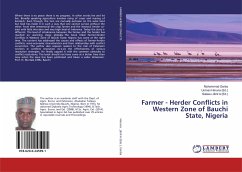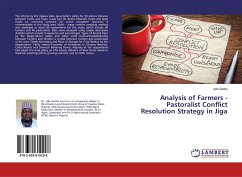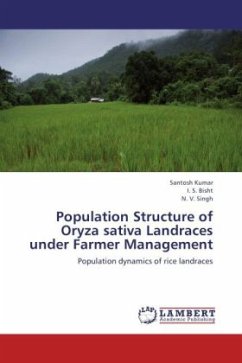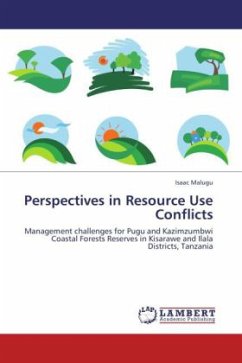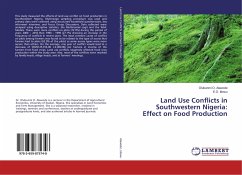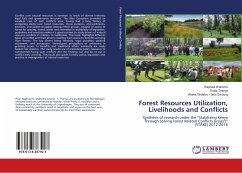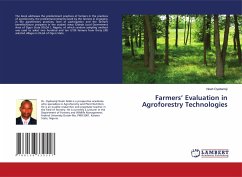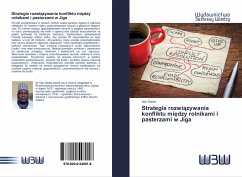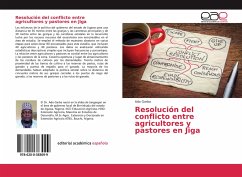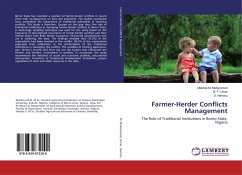
Farmer-Herder Conflicts Management
The Role of Traditional Institutions in Borno State, Nigeria
Versandkostenfrei!
Versandfertig in 6-10 Tagen
33,99 €
inkl. MwSt.

PAYBACK Punkte
17 °P sammeln!
Borno State has recorded a number of farmer-herder conflicts in recent times with consequences on lives and properties. The studies conducted have overlooked the importance of traditional authorities in resolving conflicts. This study is therefore, focuses on this gap thus, the role of traditional institutions in managing farmer-herder conflicts in Borno State. A multi-stage sampling technique was used for the study based on the frequency of documented occurrence of farmer-herder conflicts and their relative peace from Boko Haram insurgency. Structured questionnaire was use in collecting the d...
Borno State has recorded a number of farmer-herder conflicts in recent times with consequences on lives and properties. The studies conducted have overlooked the importance of traditional authorities in resolving conflicts. This study is therefore, focuses on this gap thus, the role of traditional institutions in managing farmer-herder conflicts in Borno State. A multi-stage sampling technique was used for the study based on the frequency of documented occurrence of farmer-herder conflicts and their relative peace from Boko Haram insurgency. Structured questionnaire was use in collecting the data. The findings revealed that (73.3%) of the respondents had been involved in the conflict. 89.3% of the respondents expressed their satisfaction in the performance of the traditional institutions in managing the conflict. The variables of farming experience, age, farmer's income and farm size are the factors that influenced the farmers and herders' involvement in conflicts. In conclusion,the study recommends the initiation of social and economic activities, educational intervention, formation of Community Development Committee, proper regulations of stock and other resources in the state.



